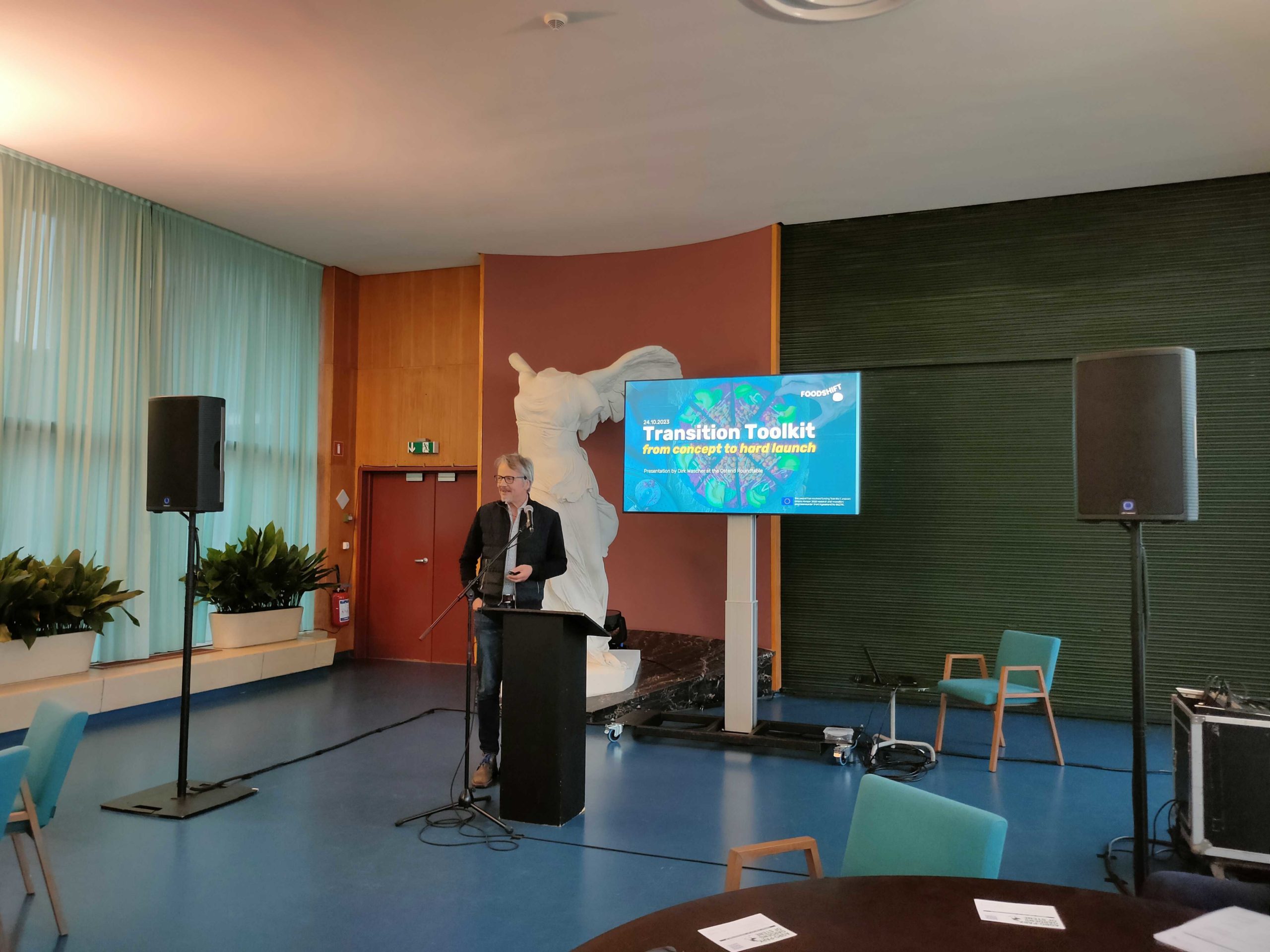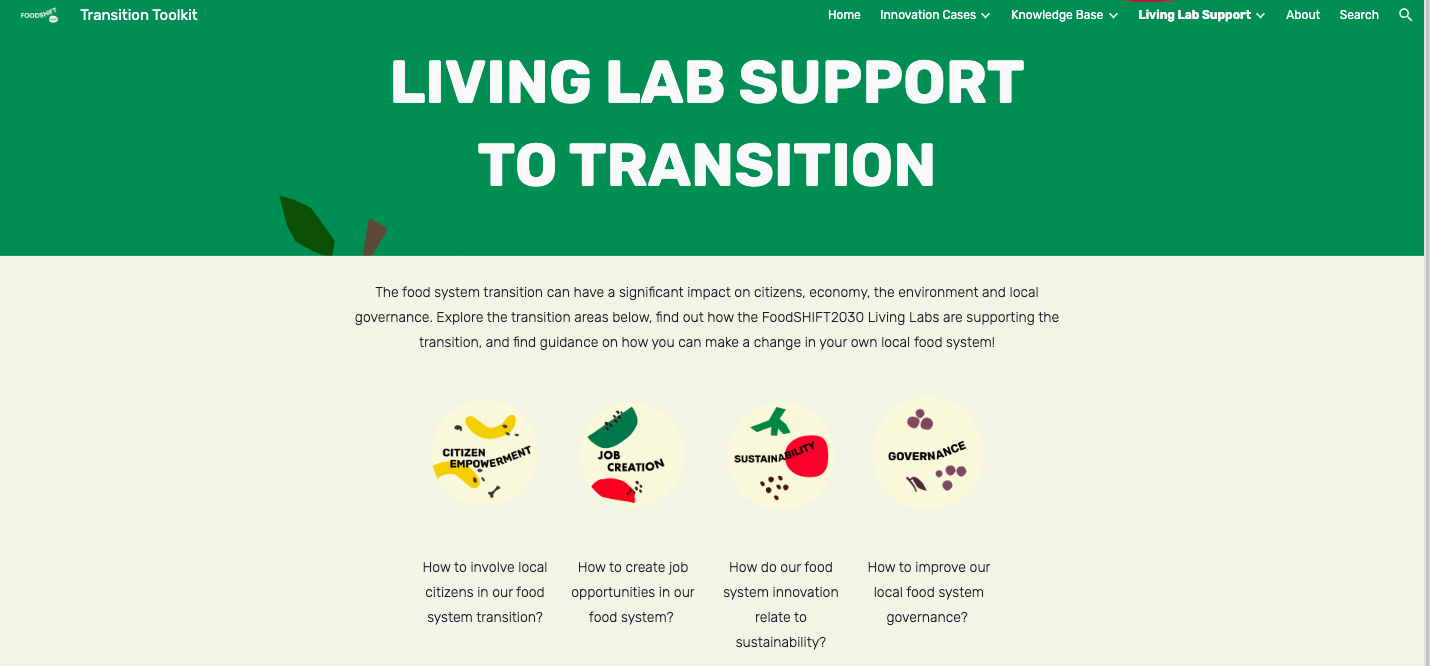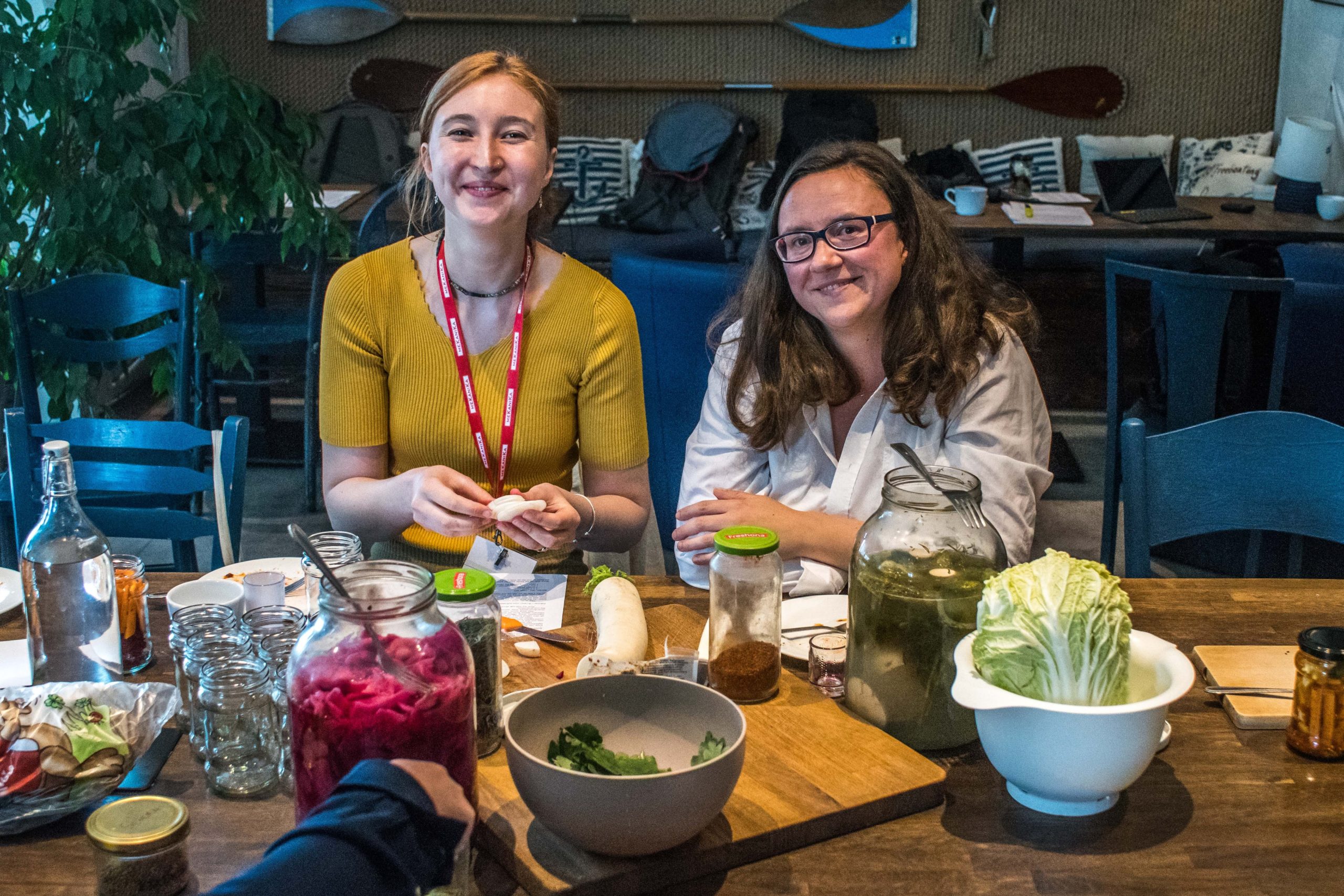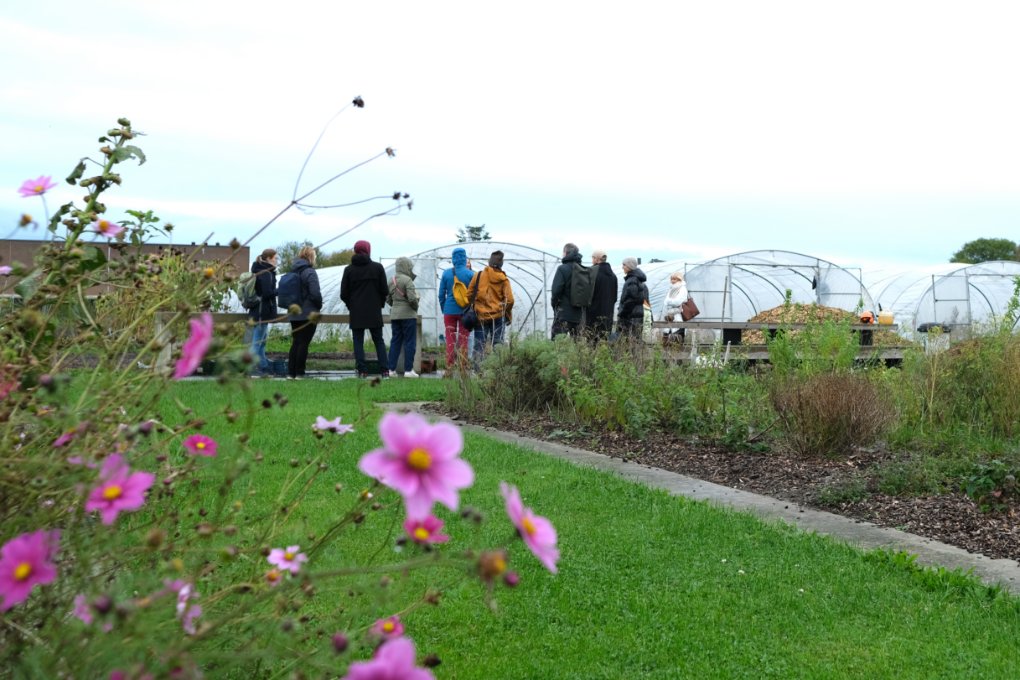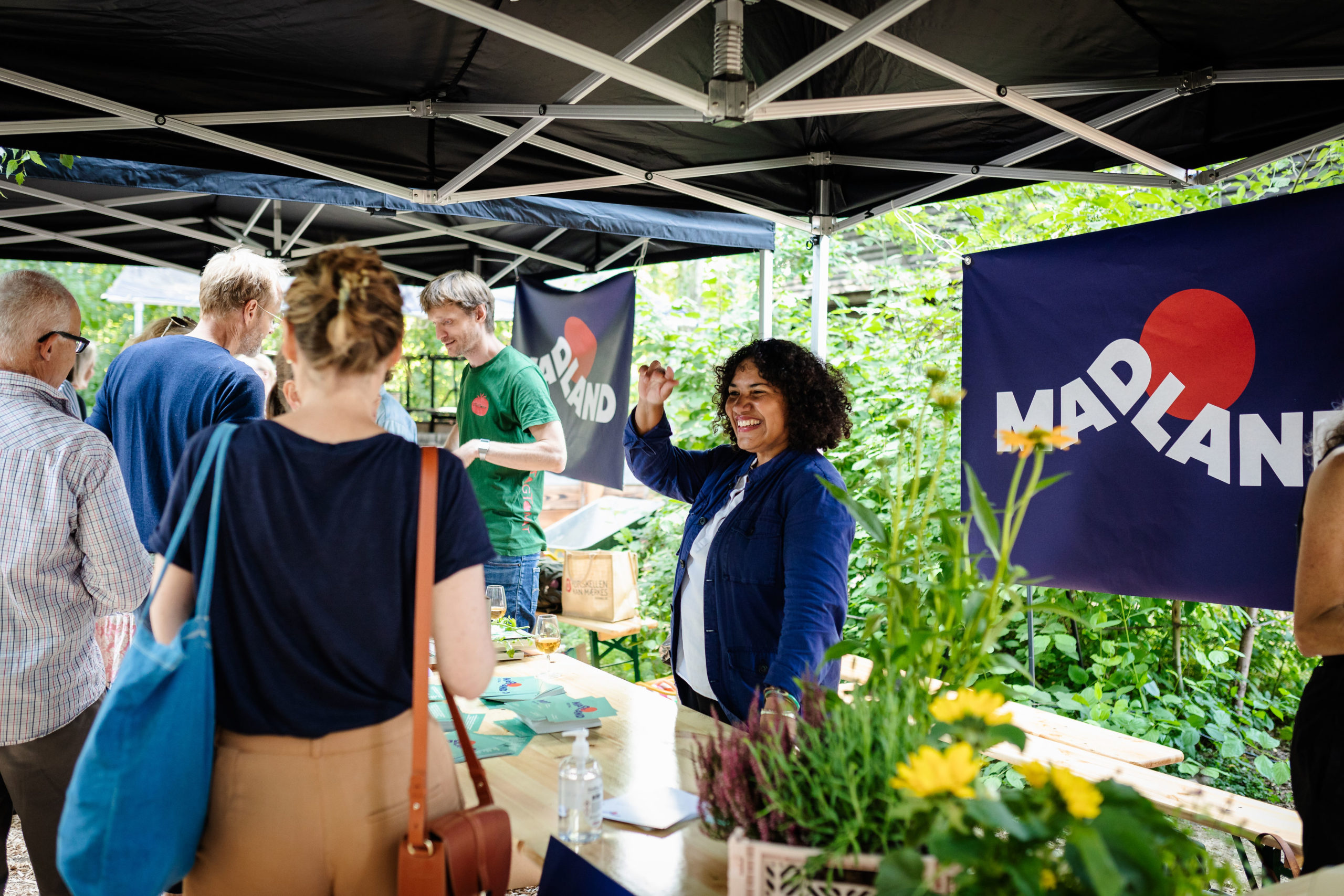Food Tech 3.0 Updates: GitBook coming soon!
18 May 2023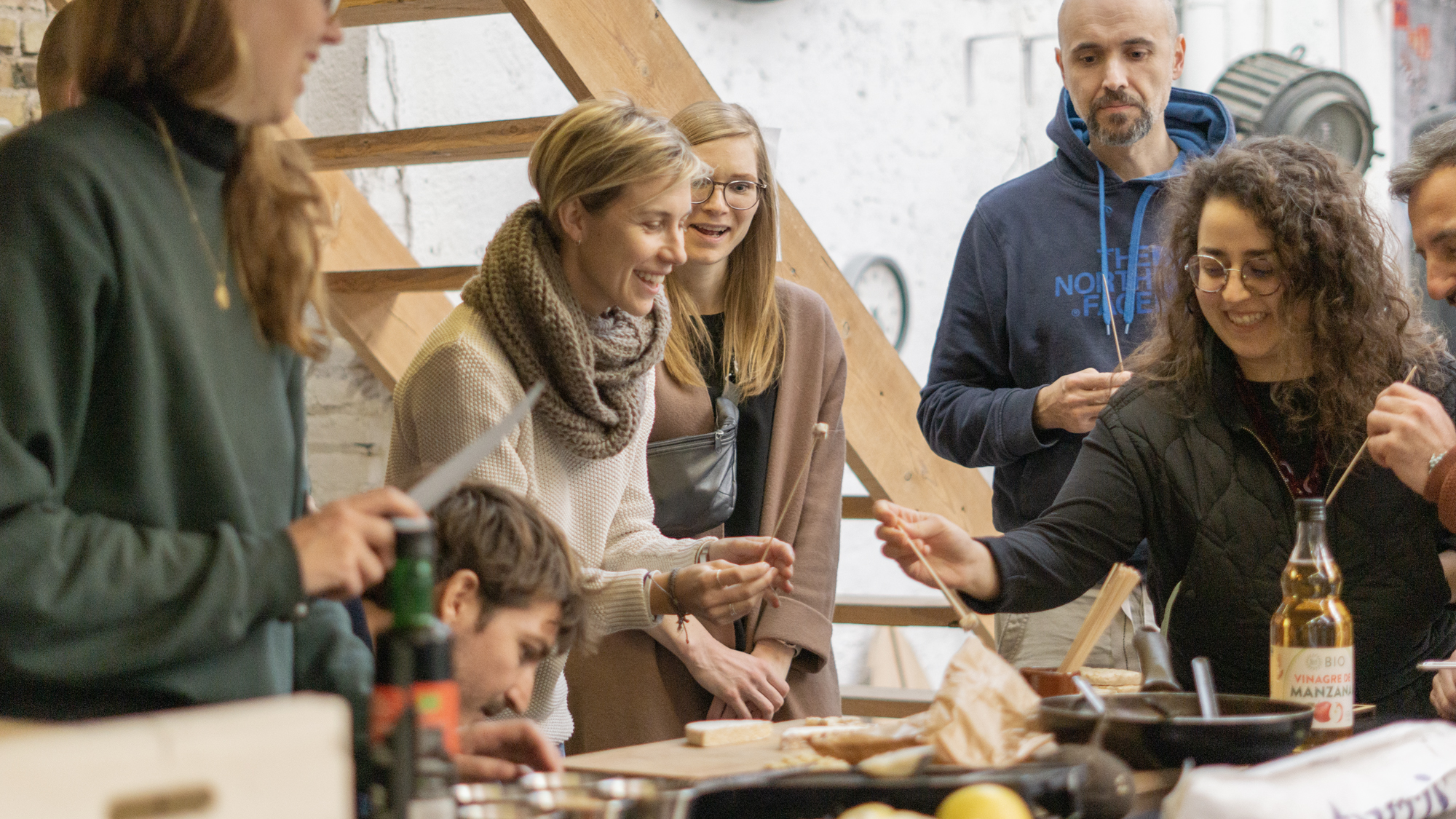
Food Tech 3.0 Updates: Upcoming GitBook and collaborations with the Distributed Design Platform
![A screenshot of the Food Tech 3.0 GitBook webpage is open to the community sub-section titled, “What is a community & how do they function.” It includes a still of Food Tech 3.0’s recent webinar on Transforming the Food System from Communities in which two people are interacting around food next to the title ‘Mutual Food Assistance’]](https://foodshift2030.eu/wp-content/uploads/2023/05/gitbook-image-better-1024x556.png)
The Food Tech 3.0 GitBook is under development! We’re looking forward to releasing the GitBook in June in time for our workshop at the re:publica Festival in Berlin.
At the Food Tech 3.0 FAL in Barcelona, the Fab Lab Barcelona team is developing a new tool on how makerspaces, Fab Labs and Fab Cities can support the development of food initiatives, including tools and best practices for innovators and communities. This resource is a compilation of inspirations, learnings, examples, interactive tools, and furthering conversations around food technology. It is presented as an interactive online book, on the platform GitBook, which keeps in line with both the Food Tech 3.0 and Fab Lab Barcelona values of open source and freely accessible.
Target Audience: Who do we envision using the GitBook?
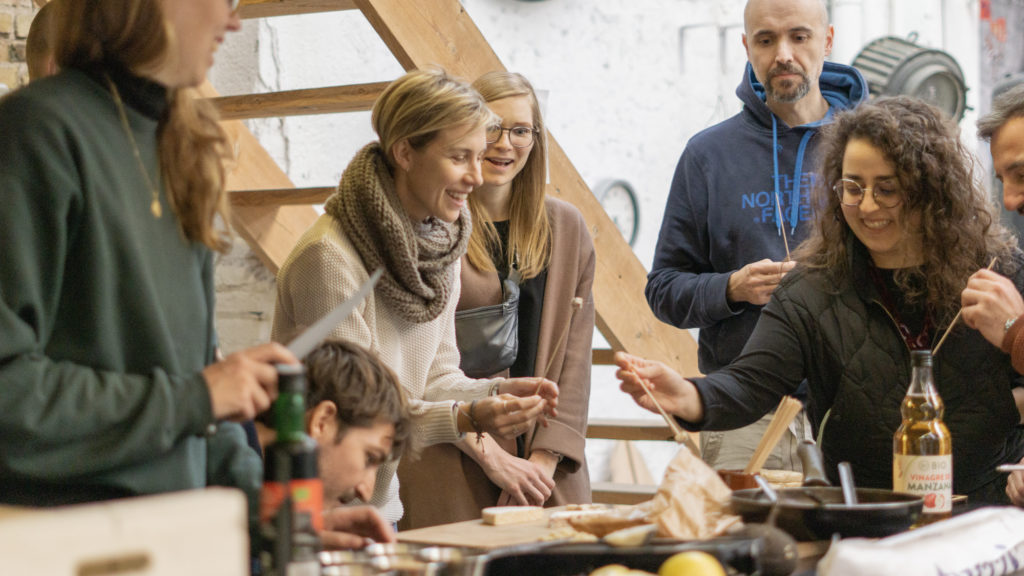
Members of the Food Tech 3.0 FoodSHIFT Enabler Lab joined a workshop presented by Food Tech 3.0 innovators, Domingo Club. Workshop participants represented various stakeholder groups that the GitBook aims to target.
The Food Tech 3.0 GitBook is imagined to serve a variety of audiences. We believe it has information and resources for:
Citizens:
- We hope this resource serves to help you imagine a present in which food technology is an accessible asset you can use to produce, consume and recycle food yourself.
Communities and civil society:
- We hope it can serve as an entry point for connecting you to food technology that might meet your needs.
Food technology makers and small businesses:
We hope it gives you ideas on how you might engage with tenets of food citizenship and citizen-driven innovation, open source, holistic sustainability, justice and equity and working ecosytsemically.
Policy makers and municipality workers:
- We hope the GitBook can inspire you to continue supporting alternative food technologies and local food communities and to understand how and why to support the innovative work of makerspaces, Fab Labs and Fab Cities at this intersection
And finally, for makerspaces, Fab Labs, & Fab Cities:
- We hope the Food Tech 3.0 GitBook helps you understand the potential role our spaces can play in advancing food technology for a citizen-driven, regenerative, and ecosystemic food system transition
Food Tech 3.0 GitBook Features
The GitBook includes a wide range of resources, from visions of the future to community tools, webinars on food tech to examples of platforms empowering food communities. Some of the key features in the GitBook include:
? Understanding what food technology means for Fab Lab Barcelona and Food Tech 3.0
? Why and how makerspaces, Fab Labs & Fab Cities can support food technology initiatives and their communities
? A look into how Fab Lab Barcelona identified, matured, combined, and upscaled food technology initiatives and tips for makerspaces looking to do the same with their own local communities
? Best practices and interactive tools to support innovators and communities approach Food Tech Accelerator Program’s pillars: community, technology, and business.
? A series of conversations with professionals in the field ranging from how to create a shift in consciousness in order to create a paradigm shift in our food system to how initiatives can integrate collaboration into their work from the very beginning
? Examples of food tech innovators putting this all in practice, including examples from our Food Tech 3.0 Enabler Labs (FELs): Fab City Hamburg (Hamburg, Germany); Fab City Grand Paris (Paris, France); Open Dot Lab (Milan, Italy).
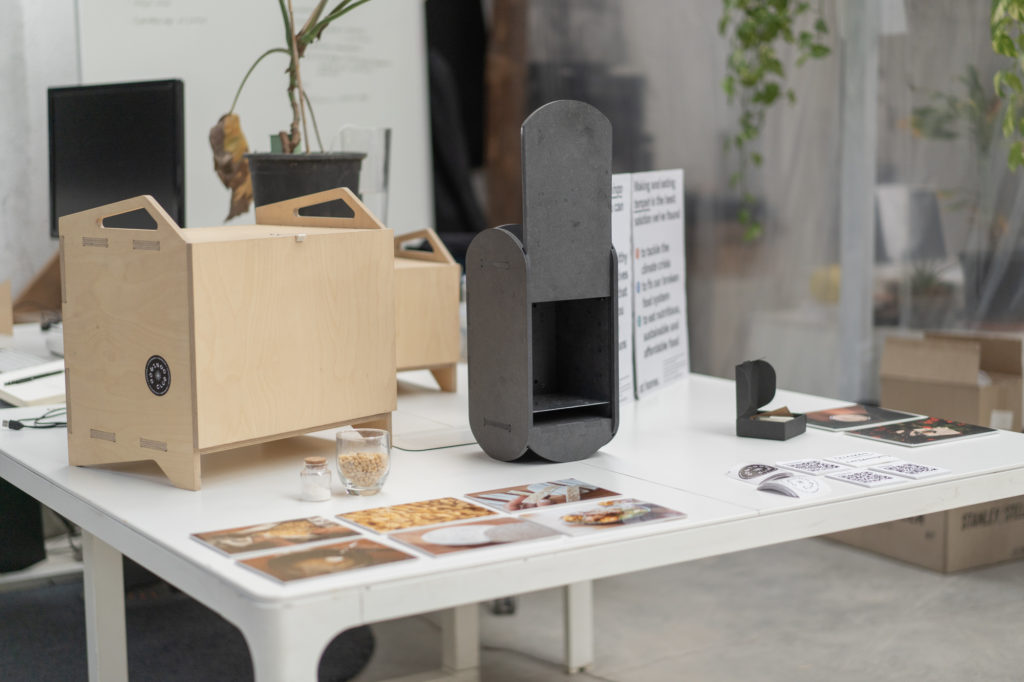
The Domingo Club Incubators during a recent workshop with the Food Tech 3.0 FELs in Barcelona.
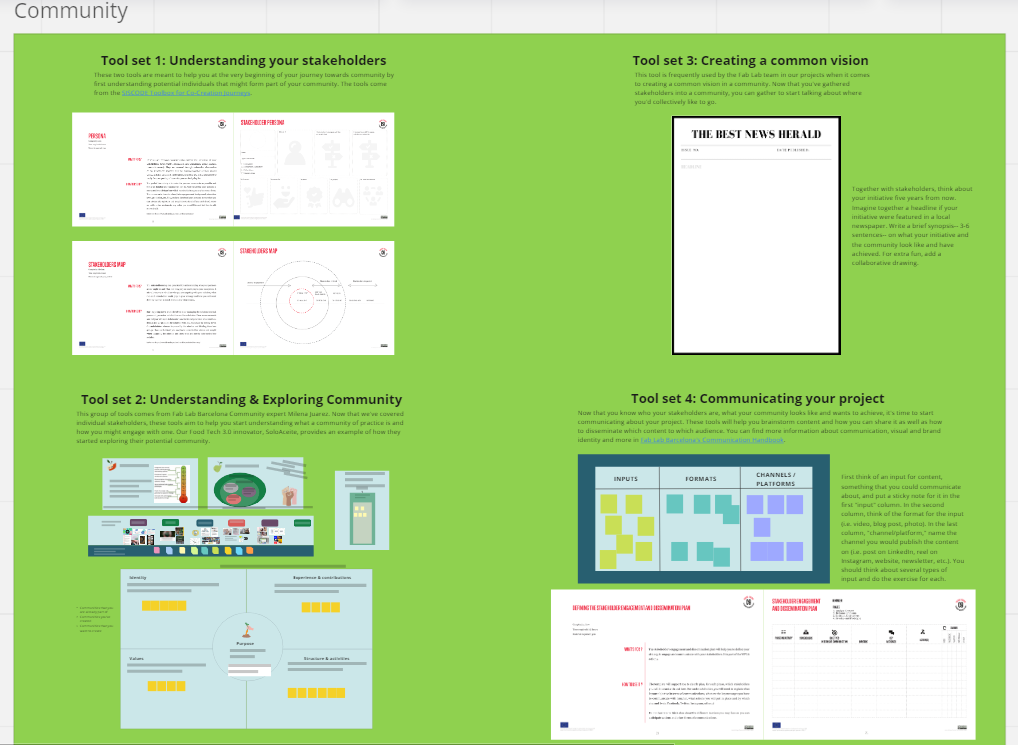
Screenshot of the tools for understanding communities. The tools are hosted on MIRO and the templates can be copied by users to help them identify, understand, grow and communicate with their communities.
How you can get involved
The Food Tech 3.0 Gitbook’s planned release is for June, though the resource is a living document and will continue to be updated with new findings, approaches, and best practices.
But there are two exciting things you can do while you eagerly wait its arrival:
?? If you’re interested in learning more about Food Tech 3.0’s approach and the upcoming GitBook, you can register for the “Envisioning distributed food hubs with citizens, Fab Labs & Fab Cities” workshop, which will be part of the re:publica festival in Berlin this coming June 5th-7th. During the workshop, participants will use a future design tool and the Food Tech 3.0 GitBook to explore how to harness makerspaces, Fab Labs or Fab Cities to create a distributed network of social food hubs. The workshop is geared toward citizens who want to reclaim our food system, food innovators who are designing ways to do it, and makerspace, Fab Lab or Fab City participants that design spaces to recuperate the food system.
For the workshop, the Food Tech 3.0 team will join forces with the Distributed Design Platform, an exchange and networking hub for the emerging field of distributed design. Distributed Design Platform is also an EU funded project.
? You can also join the #food channel on the Distributed Design Platform’s Discord, where we’ll keep exchanging about how we can make citizen-centered, regenerative food tech together with the Distributed Design Platform’s community! (This channel will be used instead of Food Tech 3.0’s original Discord, so make sure to migrate to the new space.)
?? Help us map the Food Tech x makerspace ecosystem by participating in the mapping survey, which you can find here. Participants may be featured in the GitBook or shared about on the #food discord channel.
? And of course, check in with Fab Lab Barcelona to stay up to date on our food journeys!
We cannot wait to share the Food Tech 3.0 GitBook with you! Stay tuned for more ?
